For mothers who have just given birth, you need to eat well to replenish your strength. You can use this time to re-evaluate your nutritional needs. Remember: An adequate diet is especially important to help ensure your health and to supply you with the energy necessary to breastfeed and care for your new baby.
Recommended Vitamins and Minerals in Your Diet
Vitamins

Ideally, you should obtain your nutrition from food, not supplements. If you are eating a balanced diet, you probably will not need to continue with prenatal vitamins. However, you may continue to take your prenatal vitamins after birth and when breastfeeding. Check with your health care provider for recommendations. If you are anemic, gave birth to twins, or have had any other medical problems, consult your health care provider regarding the need for nutritional supplements. Special note: Mothers who are vegetarians and avoid all animal products will need to take vitamin supplements.
Calcium
You need to consume adequate calcium to prevent osteoporosis. Good sources of calcium are milk, yogurt and cheese. If you don’t consume dairy foods or other calcium-rich dairy foods, consult your health care provider or a dietitian regarding a calcium supplement.
Iron
If you had a significant blood loss as a result of delivery, you may feel especially weak and tired, short of breath, and you may have a poor appetite. Try to eat foods high in iron to assist your post-pregnancy body in forming new red blood cells. Vitamin C will enhance iron absorption, so consume foods high in vitamin C at the same time as you consume foods high in iron. Avoid drinking black tea. Tannic acid, which is naturally found in black tea, will decrease iron absorption.
Iron-Rich Foods
- Liver
- Oysters
- Lean beef
- Beans/ lentils
- Oatmeal/ fortified cereal
Nutrition for the Nursing Mother

What we eat affects our health and breast milk. While breastfeeding, it is important that you eat a well-balanced diet as you did during your pregnancy. Some babies may become fussy or cry more when a mother eats certain foods. Some babies react to spicy, gas producing foods (e.g. onions or garlic.) eaten by a nursing mother. If your baby responds this way, try to recall what foods you had eaten that day, and avoid or limit them while you are breastfeeding.
Dietary Needs
After delivery, you need an extra 500 kcal per day to produce breast milk for your baby. Most women have an increased appetite and increased thirst. It is important for you to eat nourishing food and drink enough liquids to support your health and your body’s production of breast milk. A well-balanced diet contains foods from all the food groups: Bread and cereals, fruits, vegetables, milk and other dairy products, protein foods (such as meats, poultry and eggs).
Most women need approximately 8-10 glasses of fluids a day while breastfeeding. Water, soup, or milk can provide the liquid that you need. Breastfeeding is an excellent form of weight loss for the mother besides being the best source of nutrition for your baby for the early years of life. While breastfeeding, your weight loss should be gradual and consistent, about ½ kg per week.
Food to avoid or take in limitations
- Limit your caffeine intake as it may pass through your milk to your baby. Some beverages high in caffeine are coffee, tea, cocoa and some energy drinks. Limit coffee to 2 cups per day.
- Most commercially produced herbal teas that are purchased at the grocery store are safe. Be wary of teas found in health food or alternative stores, as they can contain herbs that may be harmful during breastfeeding.
- Limit your alcohol consumption. Excessive alcohol intake has been shown to affect the let-down reflex and may cause poor growth and development in your newborn.
- As part of a balanced diet, fish should be included weekly to provide Omega-3 fatty acids. Omega 3 fatty acids have many health benefits for mom and baby.
- To avoid possible mercury contamination, avoid king mackerel, tilefish, shark or swordfish. You can also get Omega-3 fatty acids in certain eggs and other products.
- Some prescribed medications, as well as herbs, may not be safe while breastfeeding. Talk to your doctor before consuming any medications or herbs.
By Suzanne Khor, Senior Dietician at The Child Development Centre (An affiliation to SBCC Baby & Child Clinic).
This article was first published in The New Age Parents e-magazine.
* * * * *
Like what you see here? Get parenting tips and stories straight to your inbox! Join our mailing list here.
Want to be heard 👂 and seen 👀 by over 100,000 parents in Singapore? We can help! Leave your contact here and we’ll be in touch.









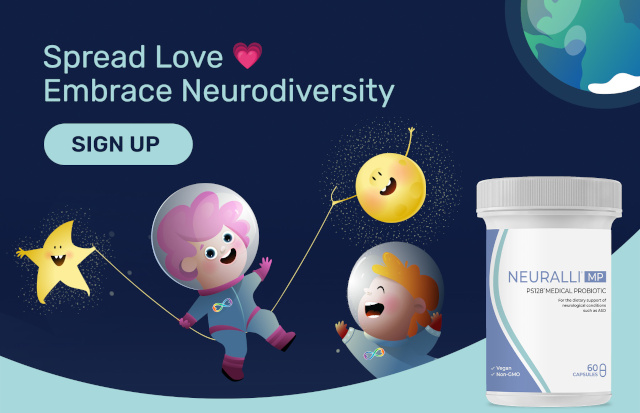


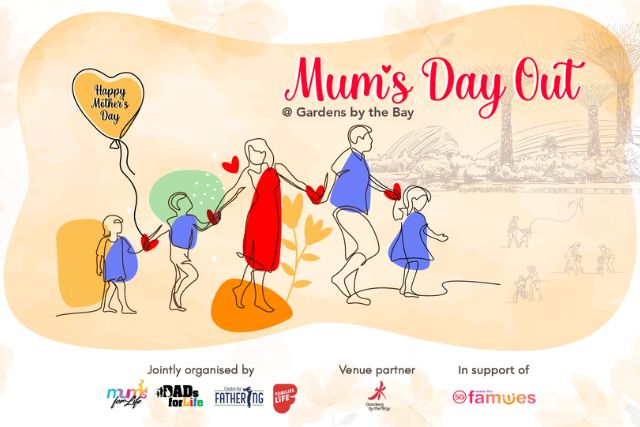
























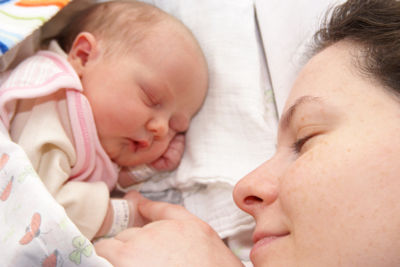

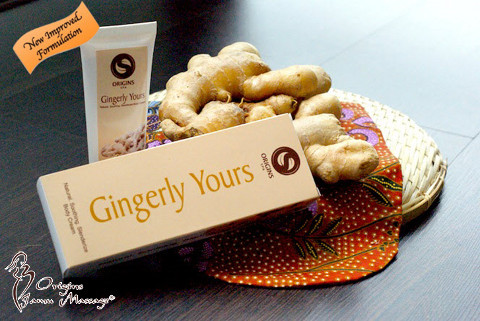
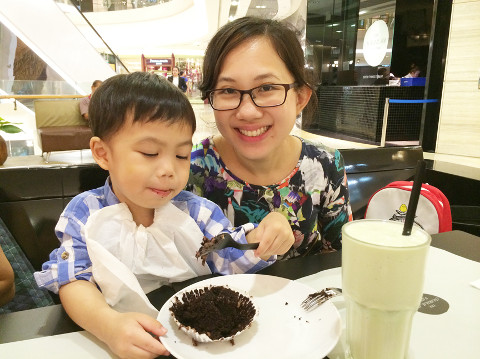




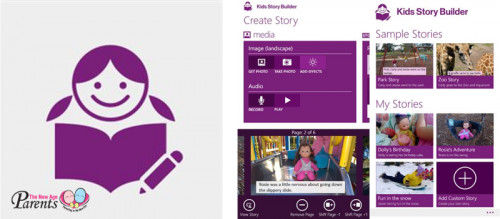

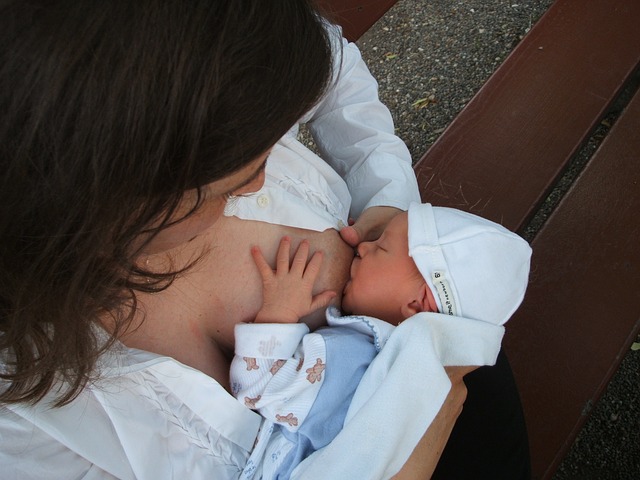











Leave a Comment: